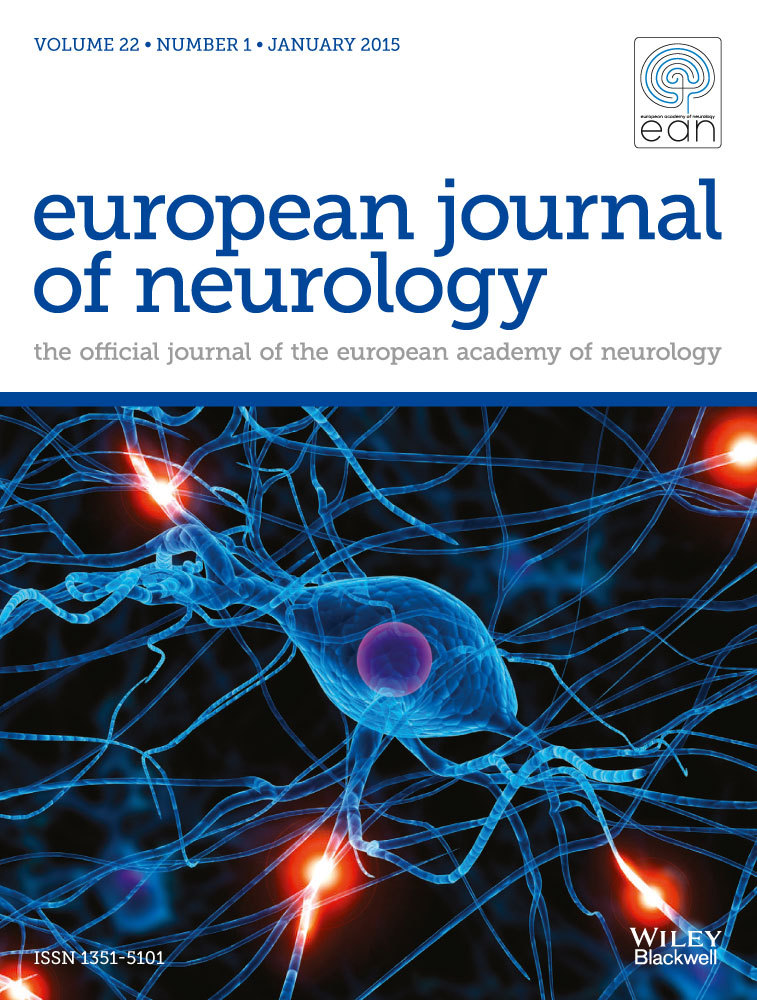Gaps in Guidelines on Long-Term Management Strategies for Post-Stroke Dysphagia
Abstract
Background
Post-stroke dysphagia (PSD) is a frequent yet overlooked complication of stroke with significant implications for rehabilitation. While international guidelines provide structured recommendations for early screening and management, guidance on long-term care remains inconsistent. This position paper synthesizes existing guidelines, identifies critical gaps, and highlights the need for standardized long-term management strategies.
Methods
Guidelines on PSD management were identified through a two-step approach. Fourteen guidelines were included from a previous systematic review (2014–2023), and two additional guidelines were identified through a systematic PubMed search (2014–2025). Inclusion criteria mandated guidelines of moderate-to-high quality (AGREE II assessment) that were published in peer-reviewed journals and provided specific recommendations for managing PSD during acute, subacute, and chronic phases.
Results
Analysis of 10 moderate-to-high quality guidelines revealed strong consensus on acute-phase screening and early interventions. All recommend dysphagia screening within 24 h of admission, with nine advising nil-per-os status until screening completion. There is consensus on instrumental assessments (videofluoroscopy, endoscopy), though application criteria vary. Management strategies include dietary modifications, nutritional support, oral health care, behavioral interventions, neurostimulation, and pharmacological therapies. While acute-phase recommendations are well defined, structured long-term follow-up guidance remains limited, with only one guideline specifying reassessment intervals beyond hospital discharge.
Conclusion
The absence of standardized long-term PSD management likely reflects limited availability of high-quality evidence on long-term care. Further research is needed to establish optimal reassessment intervals, high-risk subgroups, and long-term rehabilitation strategies to improve care for stroke survivors with persistent dysphagia.


 求助内容:
求助内容: 应助结果提醒方式:
应助结果提醒方式:


